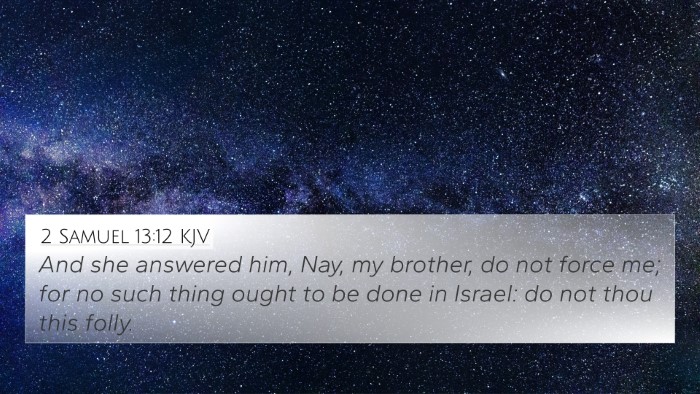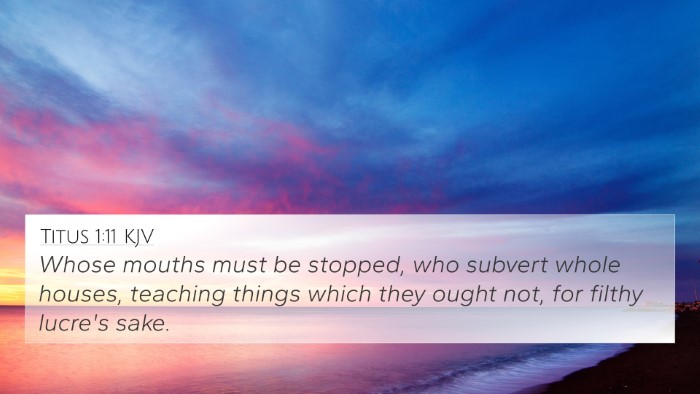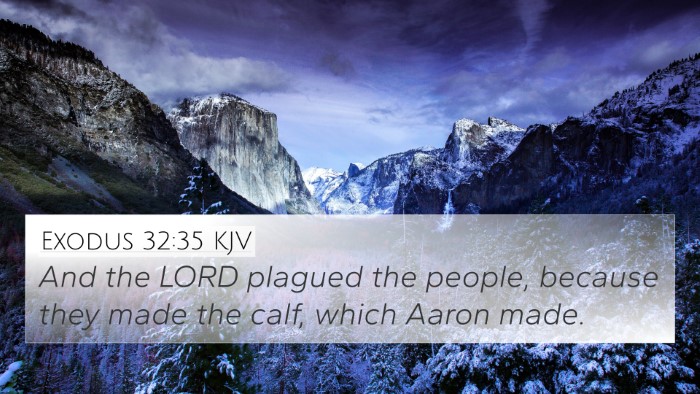Understanding Genesis 20:9
Genesis 20:9: "Then Abimelech called Abraham and said to him, 'What have you done to us? And how have I offended you, that you have brought on me and my kingdom a great sin? You have done deeds to me that ought not to be done.'"
Summary of Meaning
This verse captures a pivotal moment in the narrative where Abimelech confronts Abraham about the deception Abraham employed concerning his wife, Sarah. The appeal is laden with emotional weight as Abimelech expresses his distress, suggesting that Abraham’s actions could have devastating consequences not just for him, but for his kingdom as well.
Commentary Insights
- Matthew Henry: He emphasizes that Abimelech’s inquiries reflect moral outrage and underscores Abraham's failure to act justly. Abimelech, a Philistine king, understands the gravity of sin and the impact of deceptive actions on others.
- Albert Barnes: Barnes notes the significance of Abimelech’s response, suggesting it illustrates the tension between human morality and divine judgment. He highlights the role of conscience and the awareness of sin that Abimelech possessed, which raises questions about Abraham’s integrity.
- Adam Clarke: Clarke points out that Abimelech's genuine concern for his people signifies the impact of Abraham's choice. He reflects on the interpretations of Abraham's character, questioning why a prophet of God would resort to such actions—to deceive, rather than trust in God's protection.
Bible Verse Cross-References
- Genesis 12:10-20: This passage describes Abraham's earlier deception in Egypt where he portrays Sarah as his sister, leading to similar consequences.
- Genesis 26:7-11: Another account of Isaac, Abraham's son, repeating his father's mistake with Abimelech, demonstrating a generational pattern of deceit.
- Proverbs 12:22: "Lying lips are abomination to the Lord: but they that deal truly are his delight." This verse highlights the moral consequences of deceit.
- 1 Peter 2:12: This verse advises believers to keep their conduct honorable among non-believers, which can be related to the moral lessons in the story of Abraham.
- Matthew 5:37: “But let your ‘Yes’ be ‘Yes,’ and your ‘No,’ ‘No.’” This echoes the importance of integrity in one’s words—a theme resonant in Abraham’s narrative.
- James 4:17: "Therefore, to him who knows to do good and does not do it, to him it is sin." This emphasizes the importance of acting in accordance with moral knowledge, as Abraham failed to do.
- Romans 2:14-15: These verses discuss the Gentiles doing things that are according to the law, which includes inherent moral truths, akin to Abimelech's awareness of right and wrong.
Exploring Inter-Biblical Connections
Abimelech’s confrontation raises important themes that resonate through various scriptures. The interplay between human morality and divine accountability can be traced throughout the Bible, inviting believers to consider the implications of their actions within both their communities and their relationship with God.
Understanding Genesis 20:9 requires examining the context of Abraham's life, the nature of his covenant with God, and the repercussions of his decisions not just on his own life, but on the lives of others, including those outside of his faith community.
Tools for Bible Cross-Referencing
Utilizing tools for Bible cross-referencing can enhance study and understanding of verses like Genesis 20:9. A Bible concordance allows readers to find related themes quickly. A Bible cross-reference guide can help track similar incidents and moral questions presented across different books.
Conclusion
Genesis 20:9 serves as a cautionary tale of faith, deception, and the integrity of one's testimony in relation to God’s commandments. By cross-referencing this verse with its surrounding context and related scripture, believers can gain a multifaceted understanding of faithfulness and the importance of truthful living.



















